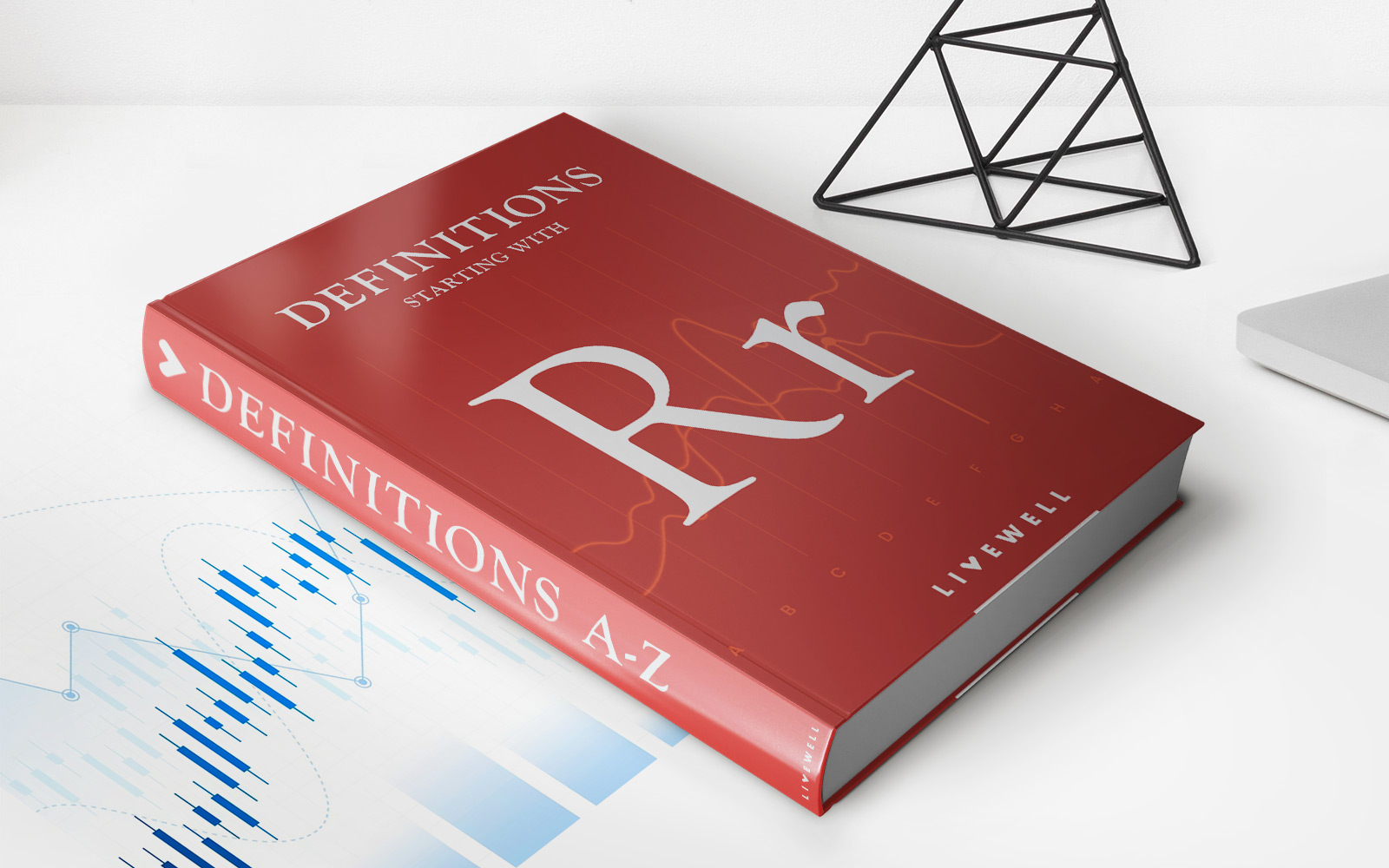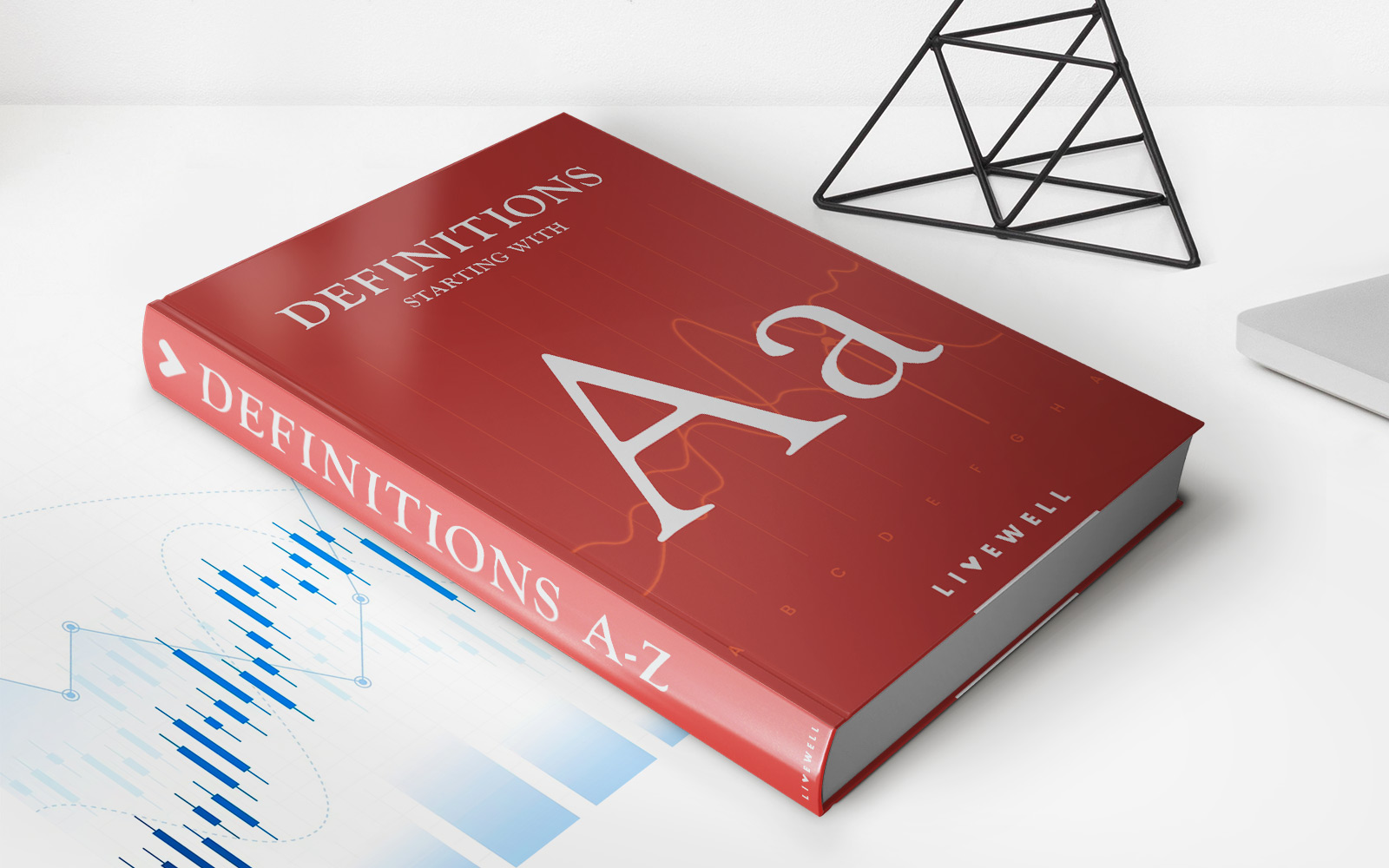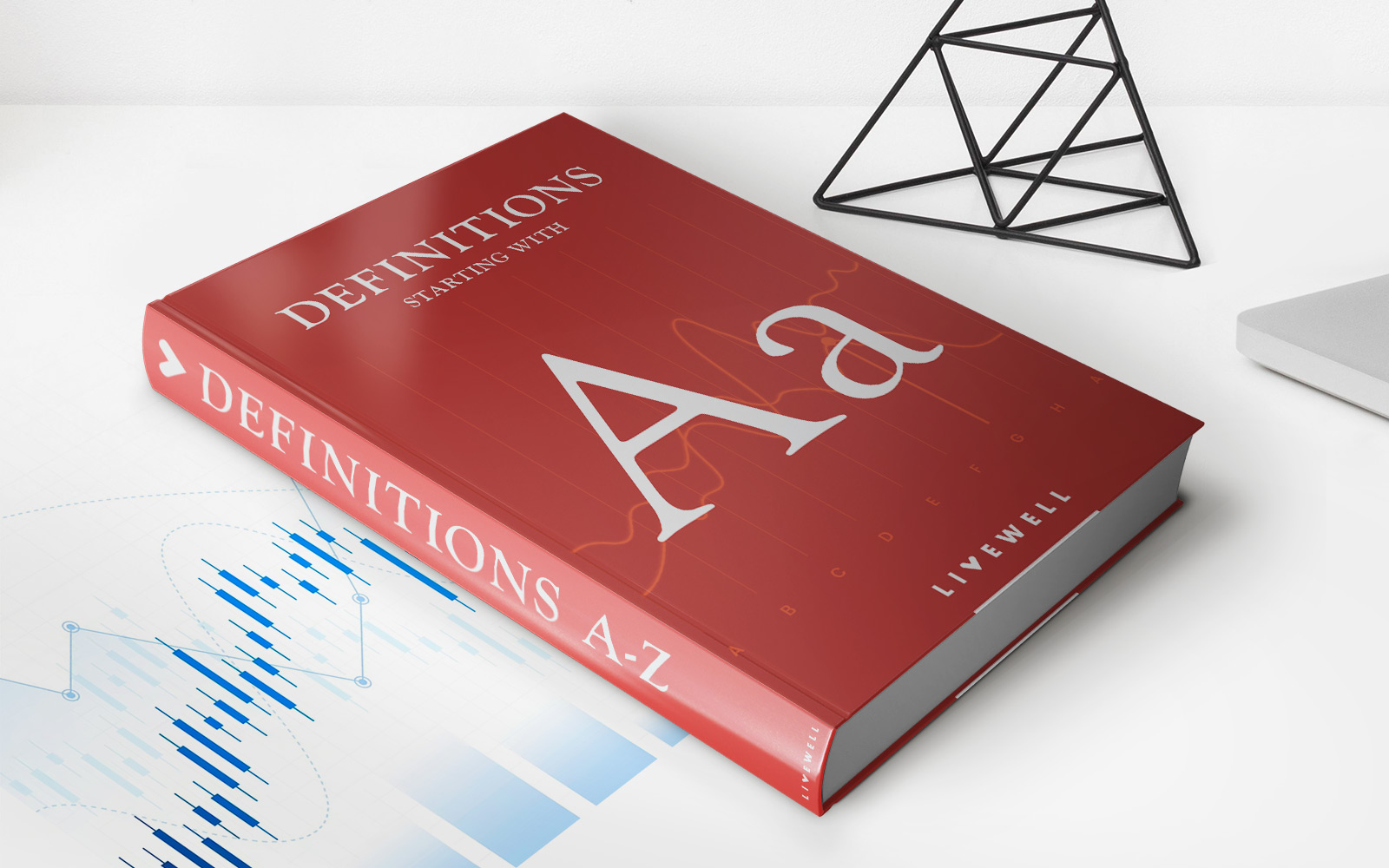

Finance
How Long Are Business Loan Terms
Modified: December 30, 2023
Looking for finance options for your business? Discover how long business loan terms can be and find the right financing solution for your needs.
(Many of the links in this article redirect to a specific reviewed product. Your purchase of these products through affiliate links helps to generate commission for LiveWell, at no extra cost. Learn more)
Table of Contents
Introduction
When it comes to financing your business, securing a loan can be a crucial step in taking your venture to the next level. However, before diving into the loan application process, it’s important to understand the key factors that determine the terms of your business loan.
Business loan terms refer to the repayment period and other conditions that dictate how you will pay back the borrowed funds. The length of the loan term can vary significantly based on various factors, including the type of loan, the lender’s policies, and the financial health of your business.
In this article, we will dive into the specifics of business loan terms, exploring the differences between short-term, medium-term, and long-term loans. Additionally, we will discuss the factors that can influence the terms of your business loan and provide you with valuable insights to ensure you make informed decisions when it comes to financing your business.
Understanding the nuances of business loan terms is crucial because they can directly impact your cash flow and financial flexibility. By grasping the concept of loan terms and what factors influence them, you can strategically plan your business finances and choose the loan that best fits your needs.
Now, let’s explore the three main categories of business loan terms: short-term, medium-term, and long-term loans.
Key Factors in Business Loan Terms
When it comes to business loan terms, there are several key factors that lenders consider when determining the length and conditions of the loan. Understanding these factors will not only help you navigate the loan application process but also enable you to negotiate more favorable terms. Let’s take a closer look at these factors:
1. Loan Type: The type of loan you choose will greatly influence the terms. Different loan products, such as equipment financing, working capital loans, or lines of credit, have varying repayment periods and conditions. For example, equipment loans typically have longer terms as the loan is secured by the equipment being financed.
2. Business Credit Profile: Lenders assess your business credit history and credit score to determine the risk associated with lending to your company. A strong credit profile can result in more favorable loan terms, such as lower interest rates and longer repayment periods. On the other hand, a poor credit profile may lead to higher interest rates and shorter loan terms.
3. Financial Stability: Lenders examine your business’s financial statements, including profit and loss statements, cash flow projections, and balance sheets. They look for stability and consistent revenue, as this demonstrates your ability to repay the loan. High revenue and healthy cash reserves can increase your chances of securing longer loan terms.
4. Collateral: Providing collateral can positively impact loan terms. Collateral is an asset that you offer as security for the loan. It can be real estate, equipment, inventory, or accounts receivable. Lenders may be more willing to offer longer loan terms and lower interest rates if you have valuable collateral to secure the loan.
5. Industry Risk: Lenders assess the risk associated with your industry. Some industries are considered higher risk due to market volatility or economic uncertainty. If your business operates in a high-risk industry, lenders may offer shorter loan terms and higher interest rates to mitigate their potential risk.
6. Purpose of the Loan: The intended use of the loan funds can also impact the loan terms. For example, if you are seeking a loan to fund a short-term project or cover seasonal expenses, lenders may offer shorter terms to align with the specific purpose of the loan.
By understanding these key factors that impact business loan terms, you can better position yourself to secure favorable loan conditions. It’s important to assess your business’s financial health, credit profile, and collateral options before approaching lenders to increase your chances of obtaining the most advantageous loan terms.
Short-Term Business Loan Terms
Short-term business loans typically have a repayment period of up to 18 months. These loans are designed to provide quick access to capital for immediate business needs, such as covering unexpected expenses, managing cash flow fluctuations, or taking advantage of short-term growth opportunities.
Short-term business loan terms offer several advantages for businesses:
- Quick Financing: Short-term loans have a simplified application process and faster approval times, allowing businesses to obtain funds quickly.
- Flexible Repayment: With shorter loan terms, businesses can pay off their debt sooner and reduce overall interest costs.
- Lower Interest Rates: Short-term loans often have lower interest rates compared to longer-term loans due to the shorter repayment period, reducing the total cost of borrowing.
- Improved Cash Flow Management: By accessing short-term capital, businesses can better manage cash flow gaps and unexpected expenses that may arise.
While short-term business loans can be beneficial, it’s important to consider some potential drawbacks:
- Higher Monthly Payments: Due to the shorter repayment period, short-term loans may require higher monthly payments, which could impact cash flow if not properly planned.
- Limited Loan Amounts: In general, short-term loans have smaller loan amounts compared to long-term loans, which may not be sufficient to meet larger business financing needs.
- Frequent Loan Renewals: If you require ongoing financing, short-term loans may require more frequent renewals or refinancing, leading to additional paperwork and fees.
When considering a short-term business loan, it’s essential to evaluate your business’s needs and financial capabilities. Assess whether the loan amount, monthly payments, and repayment period align with your business goals and cash flow projections. Additionally, compare offers from multiple lenders to ensure you secure the best terms and interest rates.
Short-term business loans can be a valuable tool for managing temporary financial challenges and seizing immediate opportunities. However, it’s essential to use them wisely and strategically to avoid overburdening your business with excessive debt. Consider your business’s financial stability, current and future cash flow, and the potential return on investment when determining if a short-term loan is the right choice for your business.
Medium-Term Business Loan Terms
Medium-term business loans offer a middle-ground option between short-term and long-term financing. These loans typically have a repayment period ranging from 1 to 5 years, providing businesses with a more extended duration to repay the borrowed funds.
Medium-term business loans are commonly used for:
- Purchasing equipment or machinery
- Funding business expansion
- Investing in new technology
- Renovating or upgrading facilities
Here are some key features and benefits of medium-term business loan terms:
- Reasonable Monthly Payments: Medium-term loans offer borrowers the advantage of lower monthly payments compared to short-term loans. This helps businesses manage cash flow while meeting the repayment obligations.
- Longer Repayment Period: The longer repayment period of medium-term loans allows for more flexibility in budgeting and financial planning. It provides businesses with ample time to allocate resources and generate revenue to meet loan obligations.
- Funding Stability: Medium-term loans provide businesses with a stable and predictable source of financing. This stability allows companies to make strategic decisions and execute long-term growth plans without the worry of immediate debt repayment.
- Balancing Growth and Risk: Medium-term loans can help businesses pursue growth opportunities while managing risk. The extended repayment period gives businesses more time to realize the return on investment and generate revenue to cover loan repayments.
Medium-term business loans might have some considerations, including:
- Interest Rates: Medium-term loans may have slightly higher interest rates compared to shorter-term loans due to the extended repayment period and increased risk for lenders.
- Collateral Requirement: Depending on the loan amount and lender’s policies, medium-term loans may require collateral to secure the funds. Collateral offers lenders additional assurance, reducing the risk and potentially resulting in more favorable loan terms.
- Early Repayment Penalties: Some medium-term loans may have prepayment penalties if the loan is paid off before the agreed-upon term. It is essential to review the loan agreement and understand the terms to avoid any unexpected fees.
Before pursuing a medium-term business loan, thoroughly assess your business’s financial health, cash flow projections, and growth plans. Evaluate your ability to make monthly payments without compromising other essential business needs. Additionally, compare loan offers from different lenders to secure the most favorable terms and interest rates.
A medium-term business loan can provide the necessary funding for significant investments and growth initiatives, allowing your business to expand and thrive. With careful planning and financial analysis, medium-term loans can be an effective tool in achieving your business goals.
Long-Term Business Loan Terms
Long-term business loans are designed for larger-scale investments and initiatives that require substantial financing over an extended period. These loans typically have repayment terms that extend beyond five years, offering businesses a more extended timeframe to repay the borrowed funds.
Long-term business loan terms come with several benefits and considerations:
- Lower Monthly Payments: Long-term loans often come with lower monthly payments compared to shorter-term loans. This can provide businesses with increased cash flow and flexibility to allocate funds towards other operational expenses.
- Large Loan Amounts: Long-term loans are suitable for substantial financing needs, as they generally offer higher loan amounts compared to short-term or medium-term loans. This makes them ideal for real estate purchase, mergers and acquisitions, and major business expansions.
- Easier Budgeting: Long-term loans provide businesses with predictable and manageable repayment schedules. This allows for more accurate long-term financial planning and easier budgeting, as businesses can anticipate and allocate resources accordingly.
- Opportunity for Growth: Long-term loans can facilitate significant business growth and expansion initiatives. The extended repayment period allows businesses to invest in long-term projects and implement strategies that contribute to sustainable growth.
However, long-term business loans also come with certain considerations:
- Higher Interest Costs: Due to the longer repayment period, long-term loans generally have higher interest rates compared to shorter-term loans. It’s important to carefully assess the overall cost of the loan and ensure that the return on investment justifies the interest expenses.
- Collateral Requirement: Depending on the loan amount and lender’s policies, long-term loans may require collateral to secure the funds. Collateral can be in the form of real estate, equipment, or other valuable assets that lenders can claim in the event of default.
- Commitment: Long-term loans bind businesses to a significant financial commitment over a prolonged period. It’s essential to evaluate future cash flow projections and analyze whether the loan terms align with the business’s long-term goals and financial stability.
Before pursuing a long-term business loan, conduct a comprehensive financial analysis and evaluate the potential benefits and drawbacks. Consider factors such as the loan amount, repayment schedule, interest rates, and collateral requirements. Review multiple loan offers from different lenders to secure the most favorable terms and conditions.
Long-term business loans can fuel substantial growth, enable major investments, and support ambitious business objectives. However, it’s crucial to approach them with careful consideration and strategic planning to ensure they align with your business’s long-term financial goals.
Factors Affecting Business Loan Terms
When applying for a business loan, there are several factors that lenders consider when determining the terms of the loan. Understanding these factors can help you navigate the loan application process and negotiate more favorable terms. Here are the key factors that can affect business loan terms:
- Business Credit Profile: Lenders assess your business’s creditworthiness through factors such as credit history, credit scores, and payment patterns. A strong credit profile demonstrates a reliable track record of repaying debts, which can result in more favorable loan terms such as lower interest rates and longer repayment periods.
- Financial Health and Stability: Lenders evaluate your financial statements, including cash flow, profit and loss statements, and balance sheets to assess your business’s financial health and stability. A healthy financial position, with consistent revenue and positive cash flow, increases the likelihood of more favorable loan terms.
- Loan Amount and Purpose: The amount of the loan you are seeking and its purpose can influence the terms offered by lenders. Larger loan amounts or loans for riskier purposes may result in higher interest rates or shorter repayment periods.
- Collateral: Providing collateral, such as real estate, equipment, or accounts receivable, can positively impact loan terms. Collateral offers security to lenders, as they can claim those assets if you default on the loan. This reduces the risk for the lender and can result in more favorable terms.
- Industry Risk: Lenders consider the risk associated with the industry your business operates in. Some industries are considered higher risk due to market volatility, economic conditions, or regulatory factors. If your industry is deemed riskier, lenders may offer less favorable loan terms, including higher interest rates or shorter repayment periods.
- Business Experience and Track Record: Lenders may consider the experience and track record of the business owners and management team. A proven track record of success, industry expertise, and relevant experience can instill confidence in lenders and lead to more favorable loan terms.
- Market Conditions: Economic trends and market conditions can influence loan terms. During economic downturns or periods of uncertainty, lenders may be more conservative and offer less favorable terms to mitigate their risk. Conversely, during favorable economic conditions and high demand for loans, lenders may offer more competitive terms to attract borrowers.
It’s important to note that each lender may have its own criteria and policies when determining loan terms. Therefore, it’s wise to shop around and compare offers from multiple lenders to secure the best possible terms for your business.
By understanding these factors that affect business loan terms, you can strategize and position your business to increase the chances of securing favorable loan conditions. Take the time to analyze your business’s financial position, credit profile, and collateral options, and prepare a well-presented loan application to improve your chances of obtaining the most advantageous loan terms.
Conclusion
When seeking a business loan, understanding the factors that determine loan terms is paramount to making informed decisions and securing favorable financing options. The length and conditions of your loan can greatly impact your business’s cash flow, financial stability, and ability to pursue growth opportunities.
In this article, we explored the different categories of business loan terms, including short-term, medium-term, and long-term loans. Each category offers unique advantages and considerations, allowing businesses to tailor their financing options to their specific needs and goals.
We also discussed the key factors that lenders take into account when determining loan terms, such as your business’s credit profile, financial stability, loan amount, collateral, industry risk, and market conditions. Recognizing these factors and working to strengthen your business’s financial position can increase your chances of securing more favorable loan terms.
Whether you opt for a short-term loan for immediate needs, a medium-term loan for growth initiatives, or a long-term loan for major investments, it’s essential to thoroughly evaluate your business’s financial capabilities and goals. Compare loan offers from multiple lenders to secure competitive terms, and consider seeking professional advice when navigating complex loan agreements.
Remember, a well-planned and executed business loan can provide the necessary capital to fuel growth, expand operations, and achieve your business’s long-term objectives. By understanding the nuances of business loan terms and considering the factors that influence them, you can make informed decisions that drive your business toward success.














